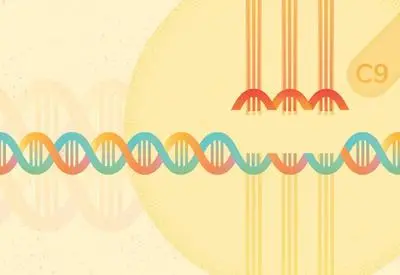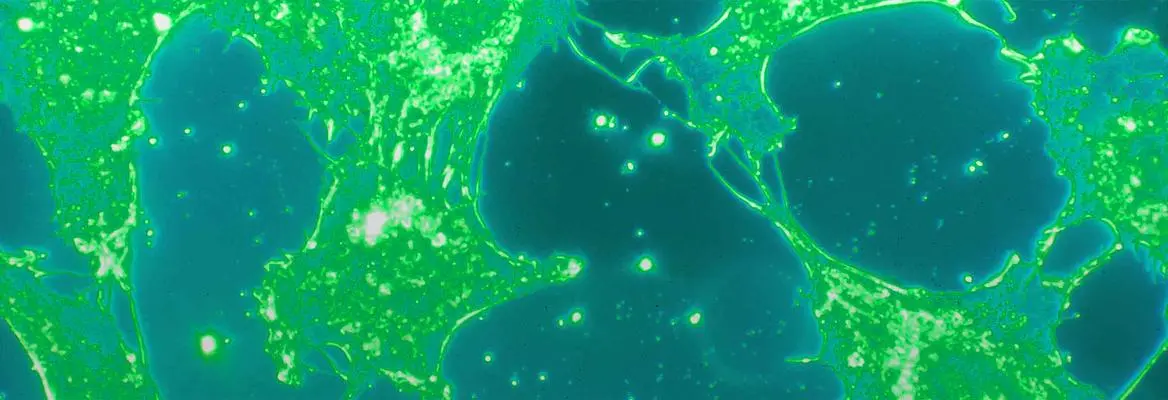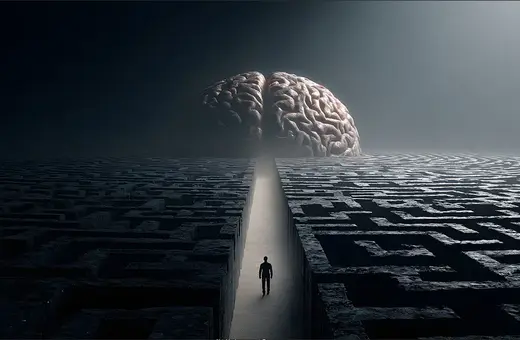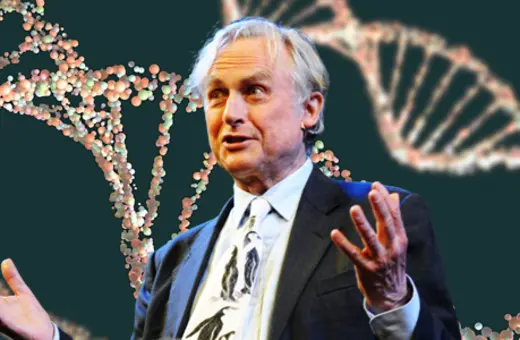The question of ‘why?’ has often been seen as a dirty one in biochemistry. But Nick Lane isn’t your ordinary biochemist, not even your ordinary scientist. In this interview, Nick offers us an exciting account which not only starts to reveal how we all came to be but addresses some core philosophical problems. We delve into some of these questions and what he thinks his work in biochemistry tells him about the nature of the world, the physical laws and consciousness.
Thanks so much for speaking to us Nick, I wanted to start off by asking about the philosophical principles you use in the lab every day. Philosophers often see science as proposing a reductive theory of the world, breaking it down into its constituent parts. Some worry that this ignores the complexity of life. Do you think that this reduction plays a role in your work and science more broadly?
I have to say that reductionism plays a rather ambiguous role in my work, and I think in the work of most scientists. Of course, there are some necessities about the scientific method which mean that the only way we can answer certain questions is by reducing a problem to its fundamentals. However, I think this misses out on what scientists are really doing. We aren’t trying to just give a reductive account we are always working within a framework. And that framework is going to be synthetic.
You of course have to think about what exactly you are going to put in the test tube, but you have to think about what you’re trying to learn. What is it that we want to know and how is that going to fit into the bigger picture? Because when you’re looking at the origins of life, for instance, you can’t simulate every aspect of a hydrothermal vent at the bottom of the ocean. There are just too many moving parts and you would need several million years and the entire ocean floor. What you need is a framework; which is in some ways a more holistic, philosophical thing. At the level of trying to answer the questions of the origins of life, we cannot know what the answer is. Even if we had a time machine to go back 4 billion years, what would you look for, how would you know if you were looking for the right thing? What you need is an intellectual framework, which is the very antithesis of reductionism. What are we looking for, how do we know we’ve found it and then, how do all the pieces fit together?
 SUGGESTED READING
Rewriting the code of life
By Kevin Davies
SUGGESTED READING
Rewriting the code of life
By Kevin Davies
Moving on from one big R word in philosophy to another. You have previously stated that you are a realist – the idea that we humans can access an objective, true reality. A standard position for much of the scientific community outside of physics. What is the underlying philosophy that you think motivates you to adopt that position?
Well I think it's rather a pragmatic argument, to be honest. Especially for myself as a biochemist, I never see any of these molecules. Even with an electron microscope, they are too small. So, there is some sense in which everything we deal with is already at arm's length. We are already relying on some kind of causal story for any results that we see. For it to be worthwhile, again thinking about that synthetic framework, we have to take the pragmatic argument that there is a real world out there.





















Join the conversation